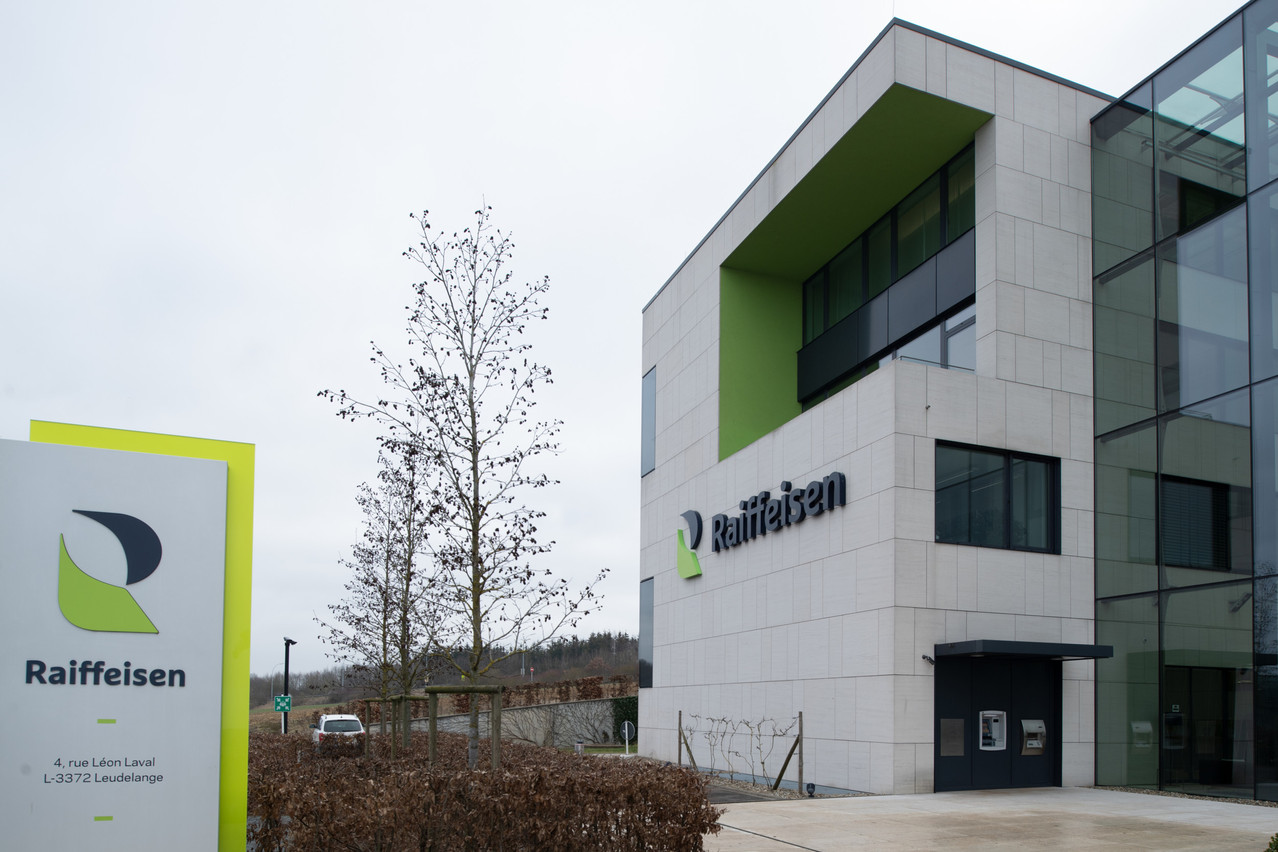“There is no doubt that financial institutions around the world continue to suffer from inefficiencies caused by their existing infrastructures. Too many still rely on fragmented technology stacks and siloed data, making critical processes far too slow and cumbersome.”
Sean Desmond joined nCino, now valued at nearly$3bn, two years after its was founded and became its CEO this past February. “Despite our growth, I don’t think our execution has kept up with the scale of market opportunities… our ability to execute over the past two years has been significantly impacted by macroeconomic headwinds beyond our control,” said Desmond in March when the Washington-based company’s annual results were published. Desmond was formerly the nCino chief product officer, overseeing around two-thirds of the company’s 1,833 employees when he succeeded Pierre Naudé.
Three major objectives
And the fintech can now say it has a footprint in 20 countries, Banque Raiffeisen being the door to its 20th market. nCino counts 2,789 customers across them, including community banks, credit unions, independent mortgage banks, as well as the largest financial entities in the world (Bank of America, Barclays, Santander, TD Bank).
“Looking for a technological solution to digitise its ‘credit’ chain, the bank turned to the nCino solution after several months of analysis,” stated Raiffeisen. “With this new technology, our ambition is to continue the bank’s move towards digital tools by pursuing three major objectives: improving the customer experience, via in particular a smoother, faster process when granting new loans; optimising internal efficiency with, for example, a reduction in the use of paper; and finally strengthening regulatory compliance to meet the requirements of the regulator, particularly in terms of regulatory reporting.”
Thanks to nCino’s connected platform, the bank can speed up loan processing and create a seamless digital customer experience. “Over the past century, Banque Raiffeisen has built a tradition of trust and excellence with its customers,” said the bank’s CEO, Laurent Zahles, in the official release. “By choosing nCino as our platform, we will offer our customers intelligent solutions that will enable us to continue to meet their needs and expectations over the long term.”
And the figures make it easy to understand why this is important: in ten years, the cooperative bank has seen its outstanding loans rise from €5.1bn (2014) to €7.69bn (2024), an increase of almost 51%.
nCino was founded in late 2011, within a US bank, to address internal challenges common across the banking sector: outdated technology, fragmented data, disconnected processes and disengaged employees. Recognising that these issues were holding back operational efficiency and customer relationships, the company developed a cloud platform to transform lending to businesses and SMEs, initially for local and regional banks in the US. From 2014 onwards, nCino broadened its scope to include US corporate banks, before launching internationally in 2017. It is now active in North America, Europe, the Middle East, Japan and the Asia-Pacific region.
Its expansion is based on a strategy combining internal development and targeted acquisitions, aimed at building a unified banking platform. The integration of companies such as SimpleNexus, DocFox, FullCircl, ILT, Visible Equity, FinSuite and, more recently, Sandbox Banking, has strengthened the platform’s capabilities in mortgages, advanced analytics, AI, integration, account opening and car loans.
This article in French.
